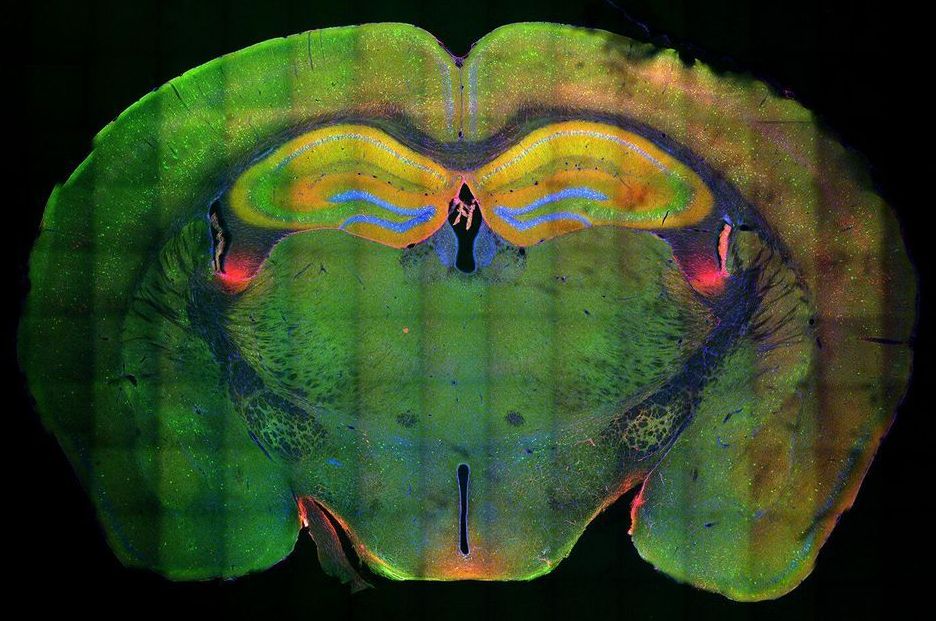When the brain forms a memory of a new experience, neurons called engram cells encode the details of the memory and are later reactivated whenever we recall it. A new MIT study reveals that this process is controlled by large-scale remodeling of cells’ chromatin.
This remodeling, which allows specific genes involved in storing memories to become more active, takes place in multiple stages spread out over several days. Changes to the density and arrangement of chromatin, a highly compressed structure consisting of DNA and proteins called histones, can control how active specific genes are within a given cell.
“This paper is the first to really reveal this very mysterious process of how different waves of genes become activated, and what is the epigenetic mechanism underlying these different waves of gene expression,” says Li-Huei Tsai, the director of MIT’s Picower Institute for Learning and Memory and the senior author of the study.
